 |
 |
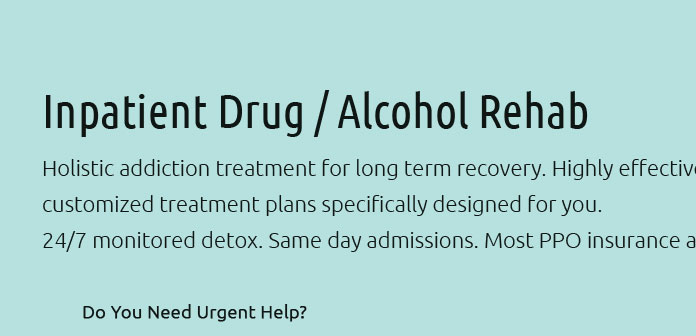 |
 |
 |
 |
||
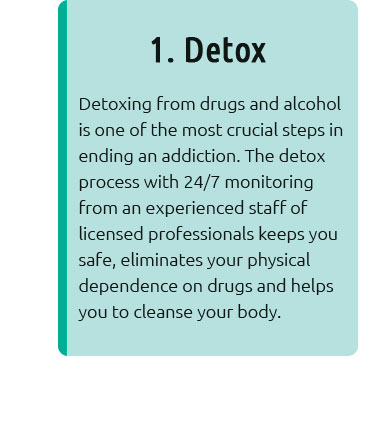 |
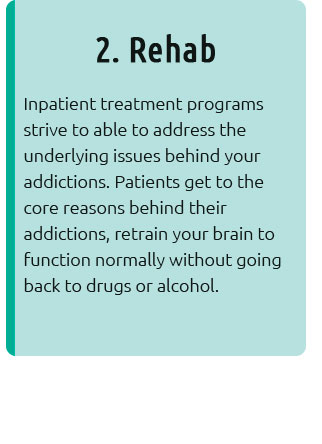 |
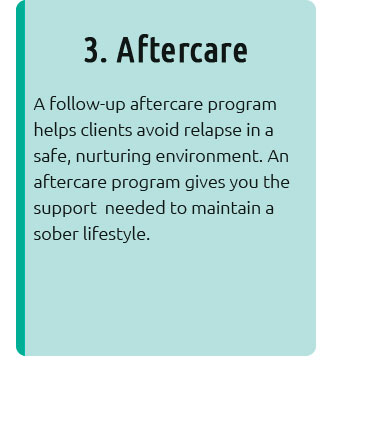 |
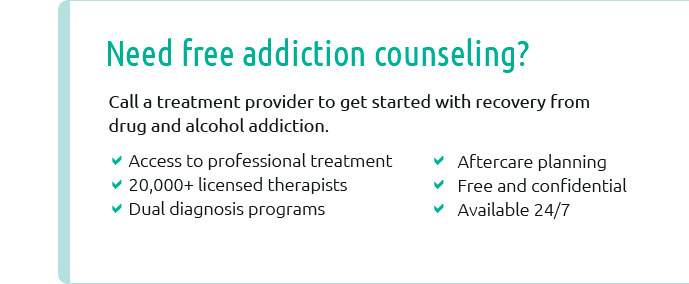 |
 |
 |
 |
||
 |
||
 |
||
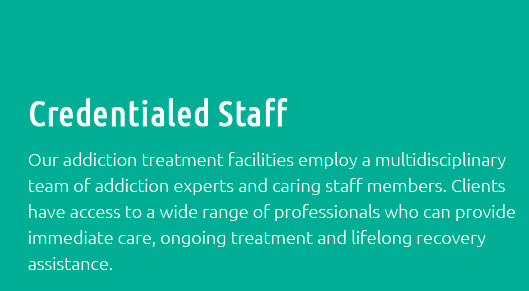 |
 |
 |
|
 |
|
|
Welcome to the leading edge of recovery at our premier inpatient drug and alcohol rehab centers in Denver, where transformative healing meets unmatched expertise; nestled amidst the vibrant pulse of the Rockies, our state-of-the-art facilities offer a sanctuary of support and compassion, empowering you to break free from the chains of addiction with personalized treatment plans, innovative therapies, and a dedicated team that stands by your side every step of the way, because here, your journey to a renewed life is our highest mission, and success is not just an aim-it's a promise.
https://continuumrecoverycenterofcolorado.com/
At Continuum Recovery Center in Denver, Colorado we help individuals reclaim their lives from addiction through our outpatient drug rehab. https://recovery.com/denver/
Our research team evaluated 46 alcohol and drug rehabs in Denver, Colorado. Review our curated list of rehab centers providing detox, residential, and ... https://www.theraleighhouse.com/
Raleigh House is a drug and alcohol rehab center in Denver and the surrounding communities. We offer leading addiction treatment services in Colorado.
|